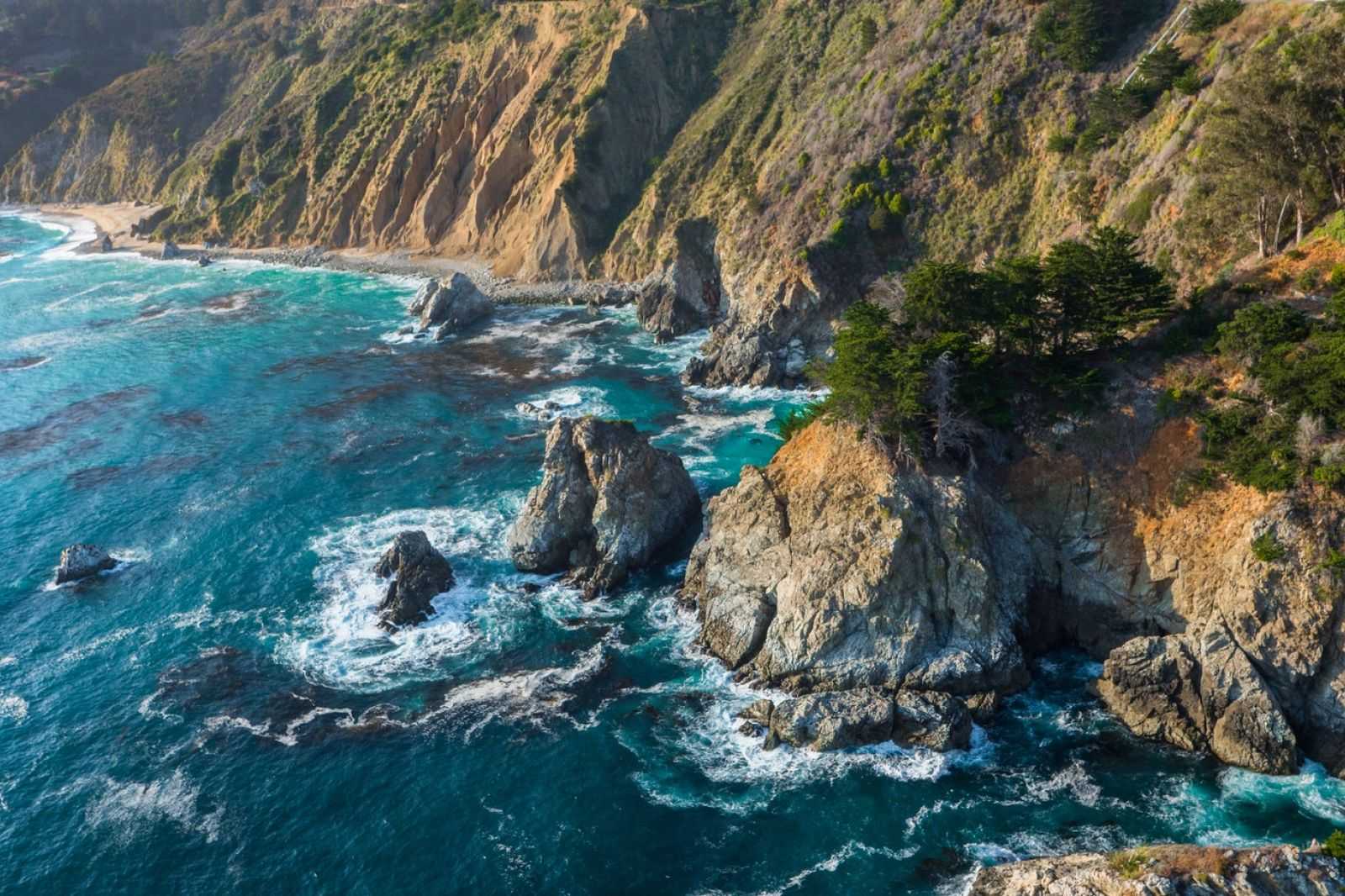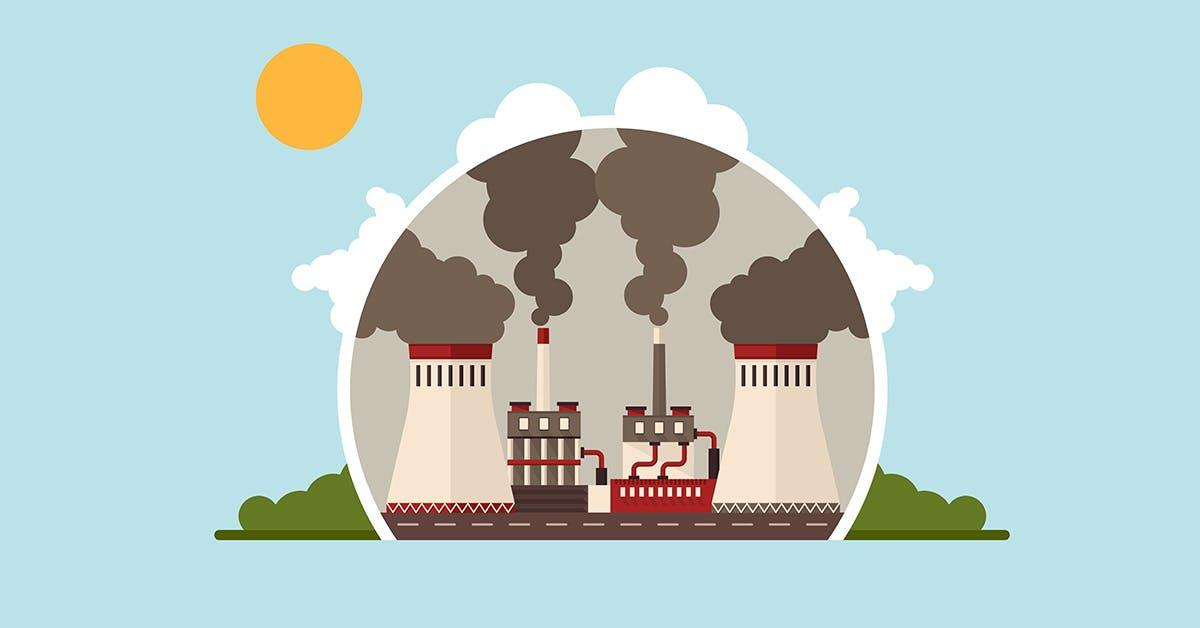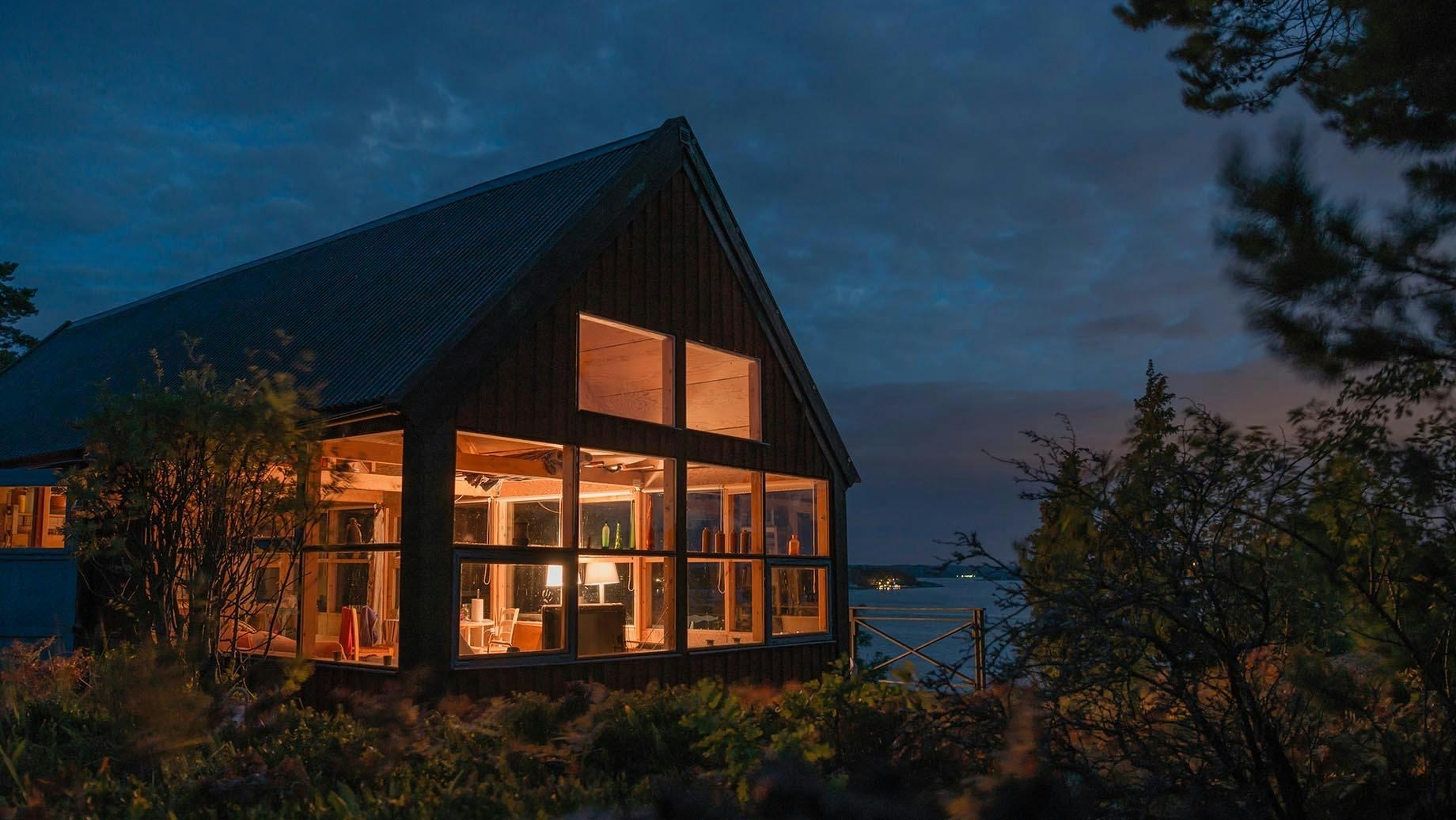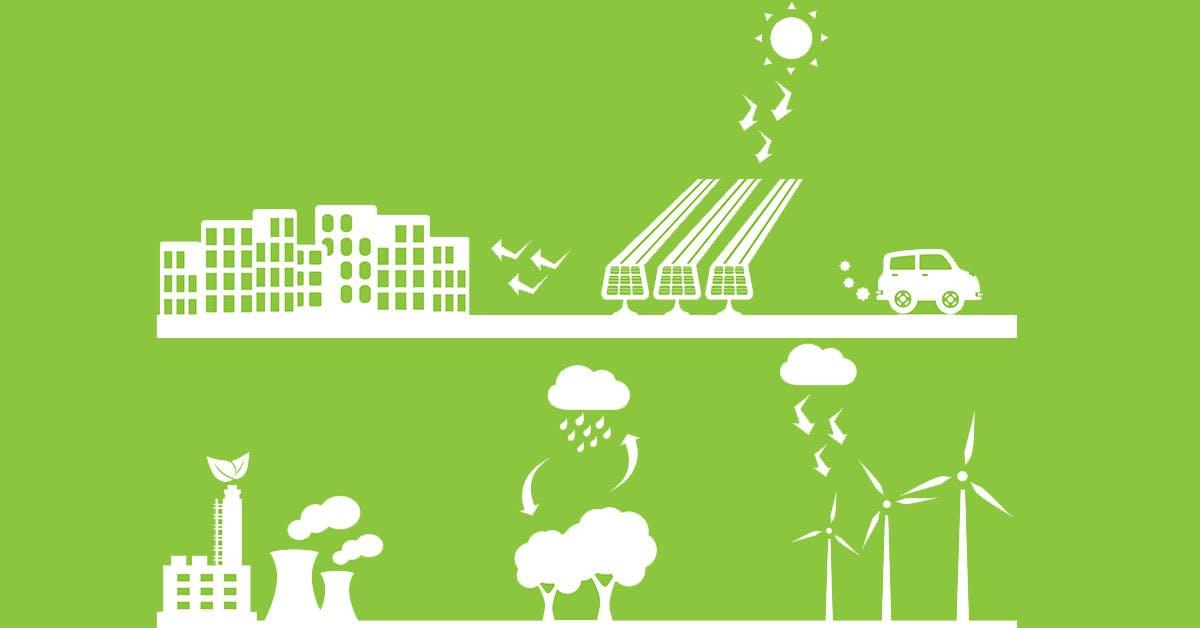
8 Ways To Become a More Ethical and Sustainable Traveler
Inspire Clean Energy
Jul 29, 2021
8 min read
category: Sustainable Living
Don't worry about climate change— do something about it.
Our clean energy plans are the easiest way to reduce your home's carbon footprint.
Switch to clean energySustainable Travel Guide
In the era of Greta Thunberg and the surging climate crisis that's sweeping our planet, many of us are searching for ways to reduce our carbon footprints, make better choices as consumers, and ultimately, do our part to help the planet.
During the COVID-19 lockdown, it was as if the entire world stopped flying, driving, and consuming for the first time in decades, causing global carbon emissions to decrease by 17%1, the lowest level it has been in 14 years. It took a pandemic for us to realize we could live in a slower, cleaner, more conscious world.
Why is sustainable travel important?
When it comes to making changes in the way we see the world, there's no time to lose. There are far more and far bigger planes in our skies than ever before; international arrivals have gone from 25 million in 1950 to 1.4 billion today1 and are estimated to reach 3 billion by 2050. Accommodation capacity has massively increased from platforms such as Airbnb, and everyone is fueling each other's wanderlust across social media. Quite literally, it's too much chaos for our fragile planet to handle.
The travel industry is responsible for an estimated 8% of the world's carbon emissions2 and degraded wilderness areas, over-touristed towns, the erosion of local cultures, and more.
How to travel responsibly and sustainably
Luckily, there are steps we can take to balance our curiosity of other cultures and destinations with consciousness and say yes to travel that educates, conserves, and inspires more than it destroys.
1. Plan a sustainable trip Traveling sustainably begins and ends in those hours spent devouring maps, books, documentaries, etc. Superficial planning often leads to superficial experiences, but diving deep into your pre-trip research can lead to something more meaningful when you touch down on foreign ground.
Getting clear on the purpose behind your journey will also make it far more satisfying, allow you to understand the destination better, offer knowledge to share with others back home, and force you to be more mindful about how you spend your money and where it can spark immeasurable change.
Before leaving, ask yourself where you can go to learn more about your passions and interests or if you can learn a skill there to improve your life back home. It can be anything from cooking to learning a new language, surfing, permaculture, and beyond.
2. Consider under-touristed places Every year thousands of tourists pour off cruise ships to wander around destinations like Barcelona, Venice, Mykonos, Alaska, and Bora Bora, pushing locals out of their homes, degrading environments, and overcrowding fragile heritage sites.
When choosing a destination, think beyond Trip Advisor's hotlist or who’s going where on social media, and head to the more off-the-beaten-path place instead. After the COVID-19 pandemic especially, those destinations are in the most need of our tourism dollars. It's as easy as Google searching 'alternatives to [popular destination]' to see what pops up.
For example, instead of Iceland, try the Faroe Islands a little further east. Instead of the Amalfi Coast, head towards the Cilento Coast that’s just as beautiful with far fewer crowds. Do your research, and you’re guaranteed to discover some hidden gems you’ll want to visit again and again.
3. Travel slower or closer to home Taking fewer and slower journeys is another way to travel more sustainably, giving us the time and space to understand destinations on a deeper level. That might mean picking one place instead of four to visit in a week, considering off-season travel, cramming less into our itineraries so we can keep ourselves open to discovery. This is how we make our adventures less hectic and more fulfilling.
Slower travel also serves as a remedy to our fast and demanding modern world, helping us return to a more human pace and soothing our frayed nervous systems while allowing us to make a more significant economic impact on communities.
4. Fly smarter Currently, air travel generates around 2.5 percent of global carbon emissions3. By 2037, the International Air Transport Association4 predicts that number is set to double.
Planes that don't use jet fuel are still a pipe dream, so we need to fly less or take fewer but longer trips to our carefully selected destinations. Remember: taking off and landing causes the most greenhouse gases, so fly direct and avoid internal connections and layovers.
If those are not options for you, fly smarter.
Sites like native.eco5 or climatecare.org6 will help you calculate the emissions your flight produces and purchase carbon offsets. From there, you can pay the offset company to invest in offsetting projects like clean energy7.
Choosing airlines such as British Airways, United, or easyJet is another great option. They're all working on several projects to develop low-carbon solutions for the future, like sustainable fuels and zero-emissions aircrafts. Sustainable aviation fuel boasts an 80 percent emissions reduction8 over the fuel’s life cycle compared with conventional jet fuel, according to United .
British Airways also offsets all UK domestic flight emissions, while passengers are given the option to offset international journeys when booking. The money then goes towards environmental protection projects in places like Sudan, Cambodia, and Peru.
5. Take the train Not only will you see so much more, but trains produce fewer emissions than planes (roughly 50% less fuel).
Destinations with excellent rail networks? Japan, France, China, and Germany. But remember, not all trains are created equal. You'll most likely be limited in available options to your next destination, but try and opt for electric trains powered by wind energy whenever you can.
If you're planning a trip through Europe, traveling with a Eurail Pass is the most sustainable option. According to Eurail9, the CO2 emissions of an average Eurail trip are about three times less per person than traveling the same route by car - and four times less than traveling by plane.
6. Lodge mindfully According to the UN's World Tourism Organization10, just 5 percent of the money spent by tourists stays in the local community. So when it comes to accommodation, avoid those cliché hotel chains and rental companies and choose places that ensure your money goes back into the local economy, supporting small businesses.
The smaller the hotel, the more likely it's owned and staffed by locals. These also usually produce less waste and pollution than those major resorts and can help you experience a destination more authentically. Think about how different your trip to Japan would be if you stayed at the Four Seasons compared to a traditional ryokan inn.
7. Embrace camping Being 'green' isn't just about being kind to the environment but about getting back to how nature intended time to be spent. Putting nature at the center of our journeys allows us to understand how everything is intricately connected and that we can only truly thrive when our planet does.
Studies in Japan11 have shown that immersing ourselves in nature makes our brains healthier, increases our attention span and creativity, and reduces stress, blood pressure, and heart rate. Being surrounded by immense, striking, natural environments also inspires us to feel awe for our planet, forcing us to rethink our actions towards helping it.
8. Be aware of greenwashing Like any industry, greenwashing, a term coined by environmentalist Jay Westerveld in 1986, occurs throughout the travel industry. You've most likely seen little signs in your hotel room's bathroom that suggest using fewer towels, as it helps them save the planet (or rather, cuts their laundry costs).
Be aware of the buzzwords and feel-good fluff you see. Just as 'all-natural' and 'ocean-friendly' may be meaningless on toiletries or in the grocery store, pay close attention to a hotel's website to spot any wishy-washy green talk.
If you're confused, the ultimate measure of whether a hotel’s eco-friendly claims are genuine is if it has sustainability credentials or logos denoting reputable third-party endorsements. It takes a lot for a corporation to earn GSTC (Global Sustainable Tourism Council) or B-Corp (Benefit Corporation) credentials, so chances are, they'll want to flaunt them. Accountability and assessment are everything, and those who are legitimately in the sustainability space know that.
Sustainability in travel is not the only way
The real eco heroes give clear information on how much electricity, lighting, heating, or air-conditioning is powered by renewables (solar, wind, etc.) and clarify the use of low-flow showers and low-consumption toilets and recycling greywater.
Similar to switching your home to clean energy, being a better traveler comes down to taking responsibility for our actions and thinking as global citizens rather than consumers in efforts to combat climate change and make the world a tenantable place for future generations.
It’s never been easier to reduce your carbon footprint, and unlike traveling to an off-grid destination, switching your energy supply to Inspire doesn’t require much planning, money, or time. Start now – the planet will thank you.
SOURCES:
- https://www.nature.com/articles/s41558-020-0797-x↩
- https://ourworldindata.org/tourism↩
- https://ourworldindata.org/co2-emissions-from-aviation↩
- https://www.iata.org/↩
- https://native.eco/↩
- https://www.climatecare.org/↩
- https://www.inspirecleanenergy.com↩
- https://www.greenbiz.com/article/united-partners-corporate-america-ramp-sustainable-fuels↩
- https://www.eurail.com/en/get-inspired/everything-you-need-know-about-eurail/advantages-train-travel/why-eurail-your-greenest-choice#:~:text=When%20you're%20planning%20a,less%20than%20traveling%20by%20plane.↩
- https://www.unwto.org/statistics↩
- https://smithsonianassociates.org/ticketing/tickets/immersion-in-nature-japanese-forest-bathing-urban-style#:~:text=Recent%20health%20studies%20conducted%20in,as%20improved%20mood%20and%20cognition.↩
Don't worry about climate change— do something about it.
Our clean energy plans are the easiest way to reduce your home's carbon footprint.
Switch to clean energy
Inspire Clean Energy
We're on a mission to transform the way people access clean energy and accelerate a net-zero carbon future.
Learn more about Inspire →Explore more
Recent Posts
Top Articles





















